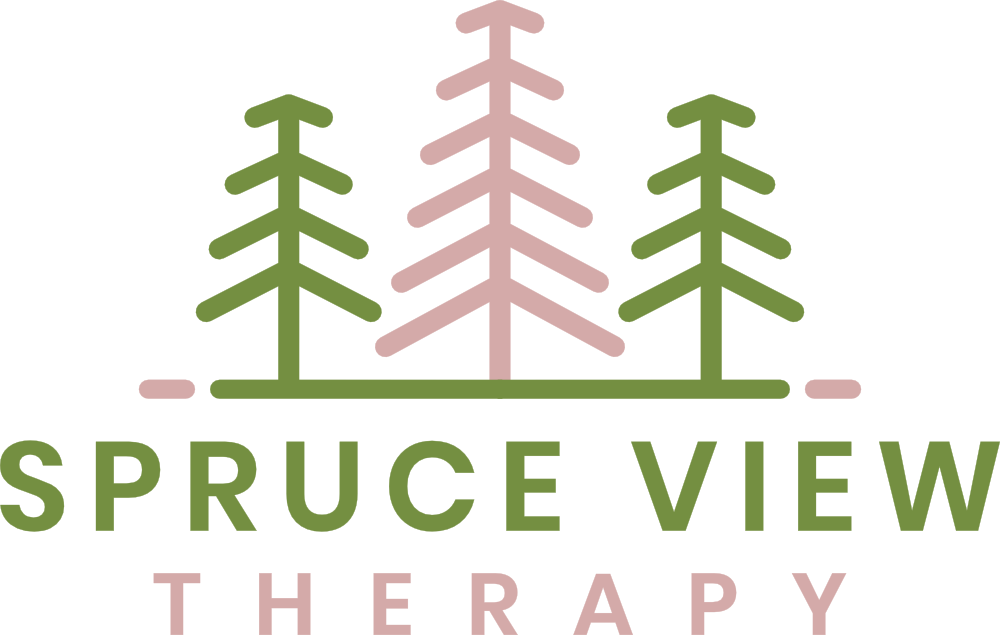Online Therapy: Benefits, Effectiveness, and Tips for Making the Most Out of Your Sessions
Feeling stressed, overwhelmed, or stuck? You’re not alone, and therapy doesn’t have to mean adding a long commute or extra hassle to your busy life. Online therapy lets you access professional support from the comfort of your home, office, or any private space where you feel comfortable.
In this post, we’ll explore the benefits of online therapy, debunk common myths, and share practical tips to help you get the most out of your sessions.
Is Online Therapy Right for You?
Online therapy isn’t the perfect fit for everyone, but it can be a game-changer for many people. It works especially well for adults who have busy schedules, high-achieving women, parents juggling work and childcare, people with anxiety about going into an office, or anyone who simply prefers the comfort and convenience of meeting from home.
That said, online therapy isn’t for everyone. Young children, individuals in crisis, or those who strongly value face-to-face interaction may benefit more from traditional in-person sessions. The key is finding the approach that fits your needs and makes it easiest for you to engage in consistent, meaningful therapy.
Why People Prefer Online Therapy
Saves Time
Skipping the commute, traffic, and waiting room can save a lot of time—especially for busy schedules. Those extra minutes can make a big difference when your time is limited.
High Effectiveness
Research shows that online therapy can be just as effective as in-person therapy. You can still build a meaningful therapeutic relationship and achieve lasting healing.
Greater Flexibility and Convenience
Virtual therapy sessions allow you to meet from any private space where your therapist is licensed. You can take sessions at home, in your office, or wherever you feel comfortable. You can meet during lunch breaks, before work, while your child naps, or any other time that is convenient for you.
Greater Comfort
Many people find it easier to relax in their own space. You can grab a cup of coffee, wrap yourself in a blanket, and even have your pet nearby. Being in your own environment can enhance your sense of safety and comfort.
Pet-Friendly
Virtual sessions let your furry friends keep you company, which is rarely possible in an in-person therapy office. (My rescue dog, Subi, often naps quietly by my side during sessions).
Increased Accessibility
Online therapy makes it easier to find a therapist who’s the right fit, even if they’re far from home. This is especially helpful if you’re seeking a specific specialty or there aren’t many therapists nearby.
Better Consistency
Online sessions can make it easier to stick to regular appointments, even when you’re under the weather or dealing with a busy schedule. Greater consistency often leads to more support and faster progress.
Common Myths About Online Therapy
Myth 1: It’s Not Personal
Many people worry that online therapy feels distant. In reality, therapists can create a warm, safe, and supportive connection through a screen, and many clients feel just as understood as they do in person. You can build a very genuine, meaningful relationship through online therapy.
Myth 2: It’s Not Secure or Private
Therapists are ethically and legally required to use secure, encrypted video technology to protect your privacy. Your sessions are confidential, just like in-person therapy.
Myth 3: It’s Less Effective
Research consistently shows that online therapy can be just as effective as traditional, in-person sessions. The key is finding a therapist who’s a good fit for you.For more details on the effectiveness of online therapy, check out the sources listed at the end of this post.
5 Tips for Making the Most of Online Therapy
Use Your Computer, Not Your Phone
While phones can be convenient, using your computer is my #1 suggestion for making the most out of teletherapy. Using a computer or laptop can make your sessions feel more real and focused. You’ll have a larger screen to see your therapist clearly, and you won’t need to hold or prop up your phone the whole time.
Find a Private Space
Choose a space where you won’t be interrupted by family, coworkers, or roommates. Privacy helps you feel fully present in your session.
Get Comfortable
There’s no need to dress fancy. Wear comfortable clothes, grab a cup of coffee or tea, and settle in. You can also have fidgets, a journal, or other tools nearby if they help you.
Minimize Distractions
Prioritize your session by turning off phone notifications or anything else that might interrupt you. Treat your virtual session with the same attention and presence as an in-person session.
Have a Backup Plan
Technical difficulties happen. Make sure you and your therapist are on the same page about what to do if you do get disconnected.
Final Thoughts
Remember, therapy is about finding support that fits your life. Online sessions are one way to make that possible. Online therapy is a flexible, effective, and convenient option for many people. It allows you to access the support you need while saving time, increasing comfort, and making therapy more accessible.
Ready to see if online therapy is a good fit for you? Schedule a consultation today and take the first step toward the support you deserve.
Michaela Zoppa is a Licensed Professional Counselor (LPC) in Colorado Springs, Colorado. She supports women and teen girls navigating anxiety, perfectionism, trauma, and burnout. She uses evidence-based, trauma-informed modalities, including EMDR and Internal Family Systems (IFS) therapy.
References/Sources:




